Lies of P captures the essence of a signature FromSoftware game quite remarkably. It can’t be labeled as a complete ripoff but stands shoulder to shoulder with From’s other masterpieces. However, Lies of P’s unique adaptation of the Soul-like formula comes with its own set of brutal challenges. The game is insanely hard even for veteran Soul-like players. What makes this game so hard? Let’s dive into this.
Lies of P is too hard because many basic movement abilities that are locked behind a skill tree. Parrying is core to combat mechanics and shouldn’t be substituted with dodge. The lack of multiplayer shoves all these hardships on top of this sole feeble puppet.
Lets take a look at some of the reasons why players might consider Lies of P to be Too Hard at times and how you can work around these problems.
1. No Break Until You Break
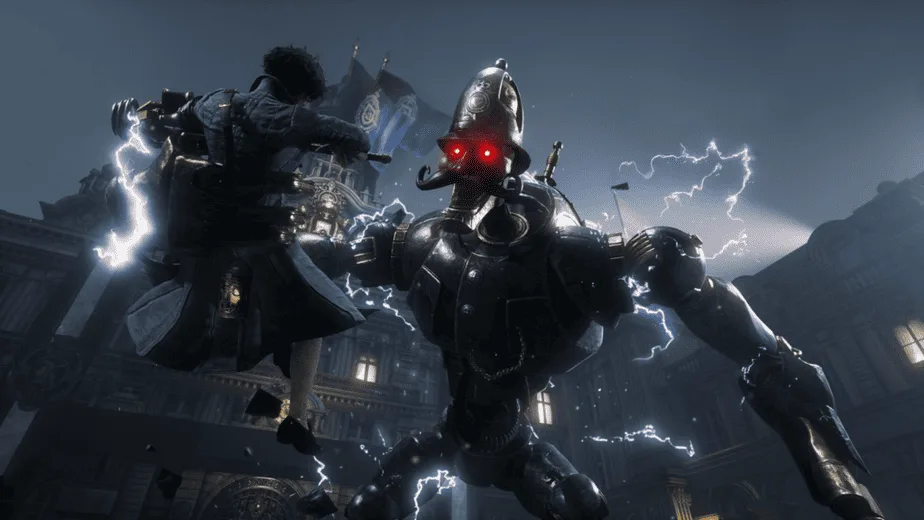
The aggressive enemy and boss behavior is the first thing you will notice in the game. These humanoid contraptions and grotesque monstrosities don’t know when to let up. Some of the mightier enemies’ attacks can seemingly go on for days, and there is little you can do at least at the start of the game.
The game will bombard players with newer and harder enemies all the time. There are little to no windows to take a breath with enemies hiding around every corner you turn.
There will be countless times when a flurry of attack will stun-lock you to your death. It is harder than other Soul-like games to discern attack patterns of enemies, and thus you will be learning it the hard way with loads of death screens along the way.
Lies of P takes the difficulty up to an unnecessary amount. Fights can sometimes be dragged on for tens of minutes even if you play perfectly because that’s just how the game was balanced.
2. Prepare to Parry – A lot!
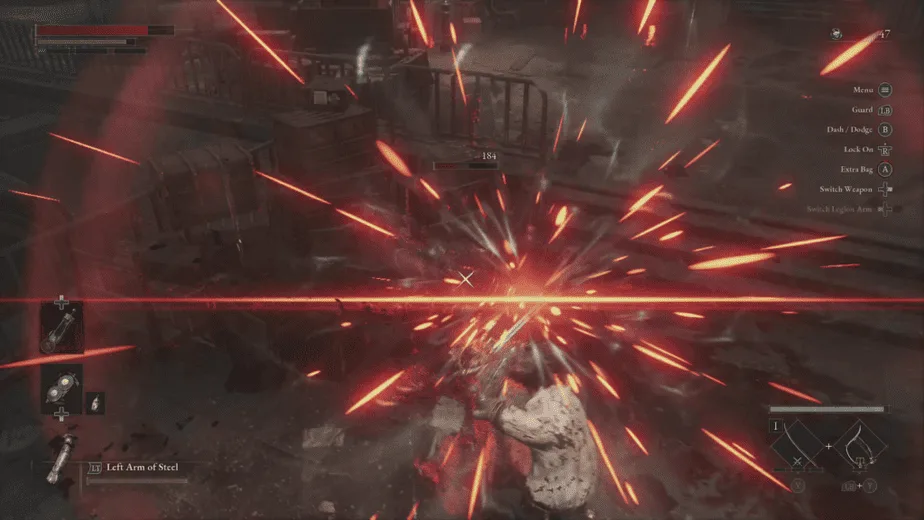
Lies of P took a leaf out of Sekiro’s book, embedding parrying as a core combat mechanic. There is little reliance on dodging in this game and more emphasis on blocking/parrying.
First of all, you can’t just tap the parry button, you have to hold it for a few seconds for it to work. This totally throws off players who are accustomed to Sekiro’s combat style. Parry timing feels way too strict in this game and oftentimes many of the enemies that have a lot of long combos lack a sense of rhythm.
Practicing parrying is your best bet at surviving this game. It is a must when dealing with bosses. All bosses have a poise meter that can only be filled with successful parrying.
Once it is full, bosses will drop down, opening them up for a critical strike. It is the only way to significantly take out chunks of their health otherwise you’ll be dealing meagre damage with normal attacks.
P also has next to none poise which throws him on the ground constantly from hard-hitting attacks. This on-the-ground window opens him up for follow-up damage as he lays helpless. The only way to counter it is through parrying.
3. Earn your Basic Right
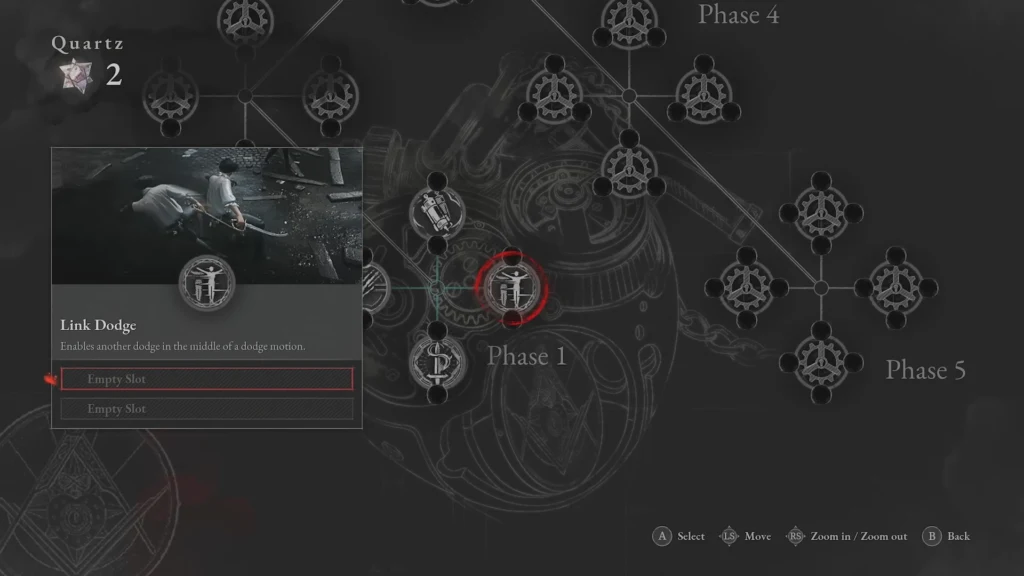
Many of the basic yet crucial movement techniques present in other Soul-like games are locked behind the P-Organ skill tree in this game. This omission of critical moves makes things incredibly hard and clunky at the start.
The first thing you ought to do is unlock the ability to dodge roll twice in a row. This can later be upgraded with the ability to roll out of a fallen state. These two powers are the cornerstone of any Soul-like combat.
Quickly rolling out of enemy attacks and swiftly getting up from the ground allows the player to move themselves away from harm’s way.
Another aspect of this skill tree that frustrates the players is the currency, Quartz, used to unlock them is rarer to come across.
The drip feeding of Quartz will force you to prioritize only the most important of the skills rather than unlock some flashy moves. This will also make the early game a lot more difficult before you can unlock meaningful upgrades.
You will essentially play through most of the game very underpowered and only start to feel somewhat competent by the end.
4. Damage Output vs. Damage Input
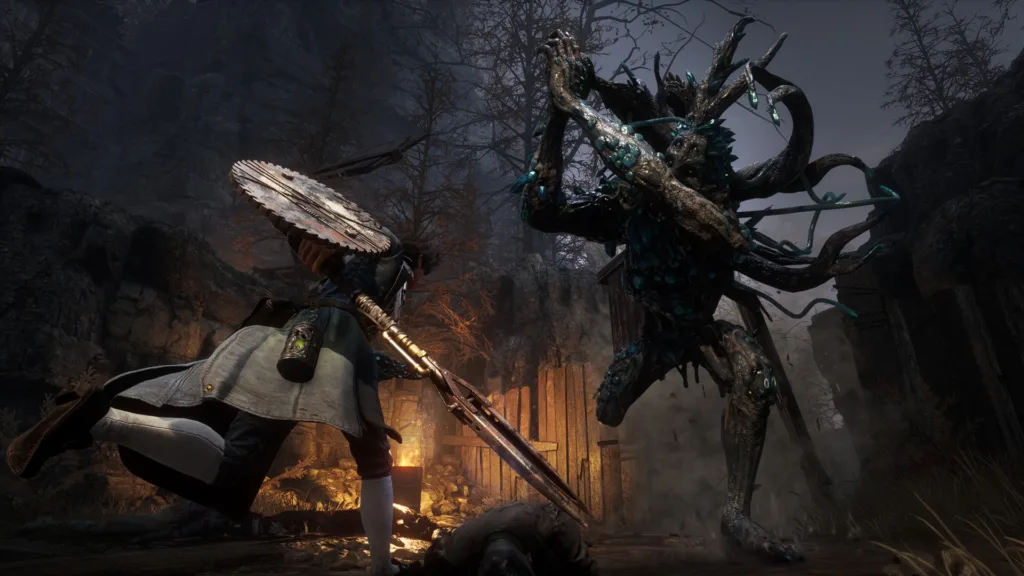
You will quickly learn the hard truth that even after upgrading your weapons, you’ll be doing peanut damage to strong enemies while their attacks will rip you to shred.
The game doesn’t reward you for playing well instead it punishes you for playing normally. This is entirely against the FromSoftware rules of the souls-like genre because they are all hard, but they’re fair.
Almost all enemies, with the exception of low-level mobs, don’t get stunned by your attacks. They can easily power through your attacks and deal damage.
As such, you need to play more defensively than offensively sometimes. If you’re attacking an enemy while they’re about to strike, you’ll get damaged.
You are required to utilize everything at your disposal to fight these challenging enemies. In other FromSoft games, you can augment your playstyle with advanced tactics, but you can easily rely on simple dodging and attacking.
5. Get Ready to be Bossed Around
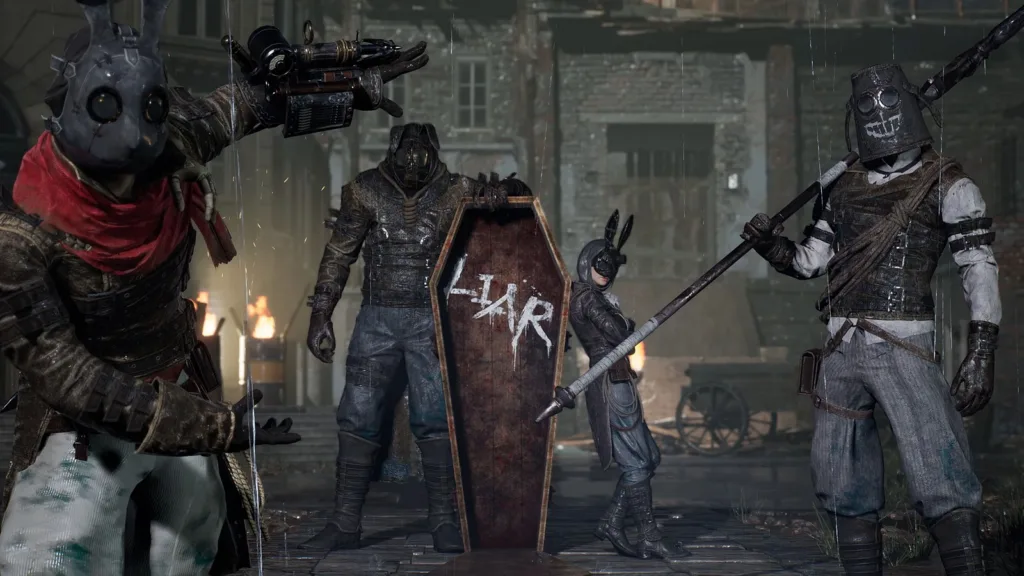
Bosses are generally the pinnacle of challenge in all Soul-like. The same applies to Lies of P, but they are far more difficult than the rest of the competitors. Not only do you have to hone your skills before engaging them, but you have to learn their sporadic movesets precisely to counter them efficiently.
Almost all bosses have two phases, with the second phase usually considerably harder than the first. Some even deal with status effect damage, most of which can kill you very easily. Some boss fights are unfair, with you having to deal with 3 enemies at a time.
There are bosses who have insane hitboxes and player tracking, making instant turns in the middle of their attacks to refocus on you or homing in on you—overall more unpredictable and erratic move sets.
You have to apply everything in your arsenal to take them out. None of them are a slouch and require near-perfect play.
6. Prerequisite Perfection
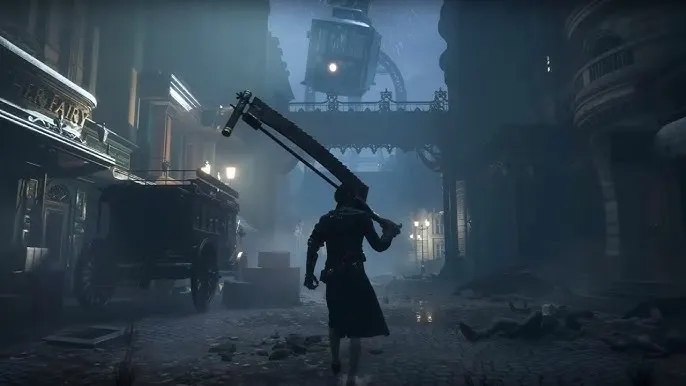
Speaking of perfection. The way Lies of P‘s combat is designed, it inherently demands perfection. Perfect parry, perfect dodges, perfect attack execution, perfect weapon customization, perfect Legion arm utility, perfect perfect perfect! There is no room for error in this game in most cases.
There’s little to no accessibility in this game. In fact, we expect most players won’t even make it to the end of the game. Given its insane difficulty curve, even if they are Souls veterans, get ready to see the Lie or Die screen many many times through your playthrough.
There will be so many moments throughout your playthrough where you feel like giving up due to how challenging some of the bosses are. But rest assured, those who come out triumphant will certainly enjoy the spoils of war that this game offers.
7. Sharing the Load?
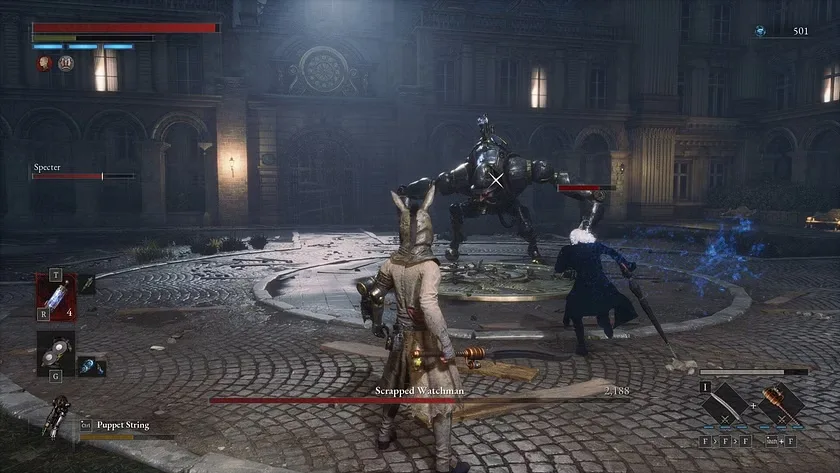
The hardest part about this experience is that there is no multiplayer to split the punishment. This game would have benefitted greatly if players were allowed to help each other out. One of the major selling points of FromSoft’s game is the comradery of the community coming together and tackling the challenges side by side.
Nevertheless, you can summon an AI-controlled NPC in boss fights but none while roaming the world. You will have to count on your own wits to tackle the horrors of Krat.
The NPC or Specter is good enough, but most often than not he will totally screw up the rhythm of the boss fight. He is only good as a distraction but not a potent partner worthy to take along in a fray.
Lies of P is definitely going to smash most players’ spirits into a pulp with its sheer difficulty. You are forced to learn its intricacies otherwise get ready to die a ton. Most Soul-like players are aware of this phenomenon, but even they will find this game particularly much harder. Good Luck fellow puppets!

